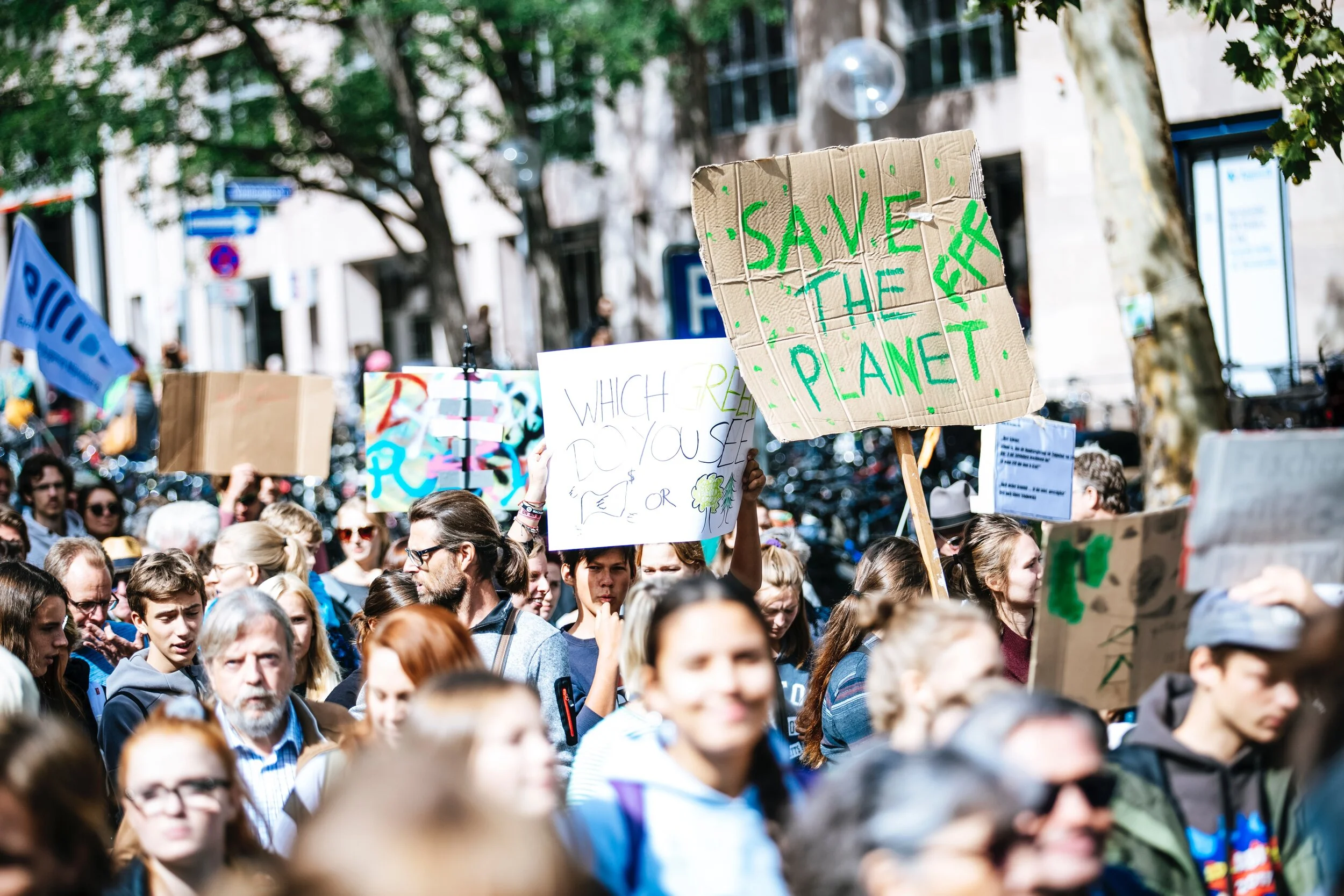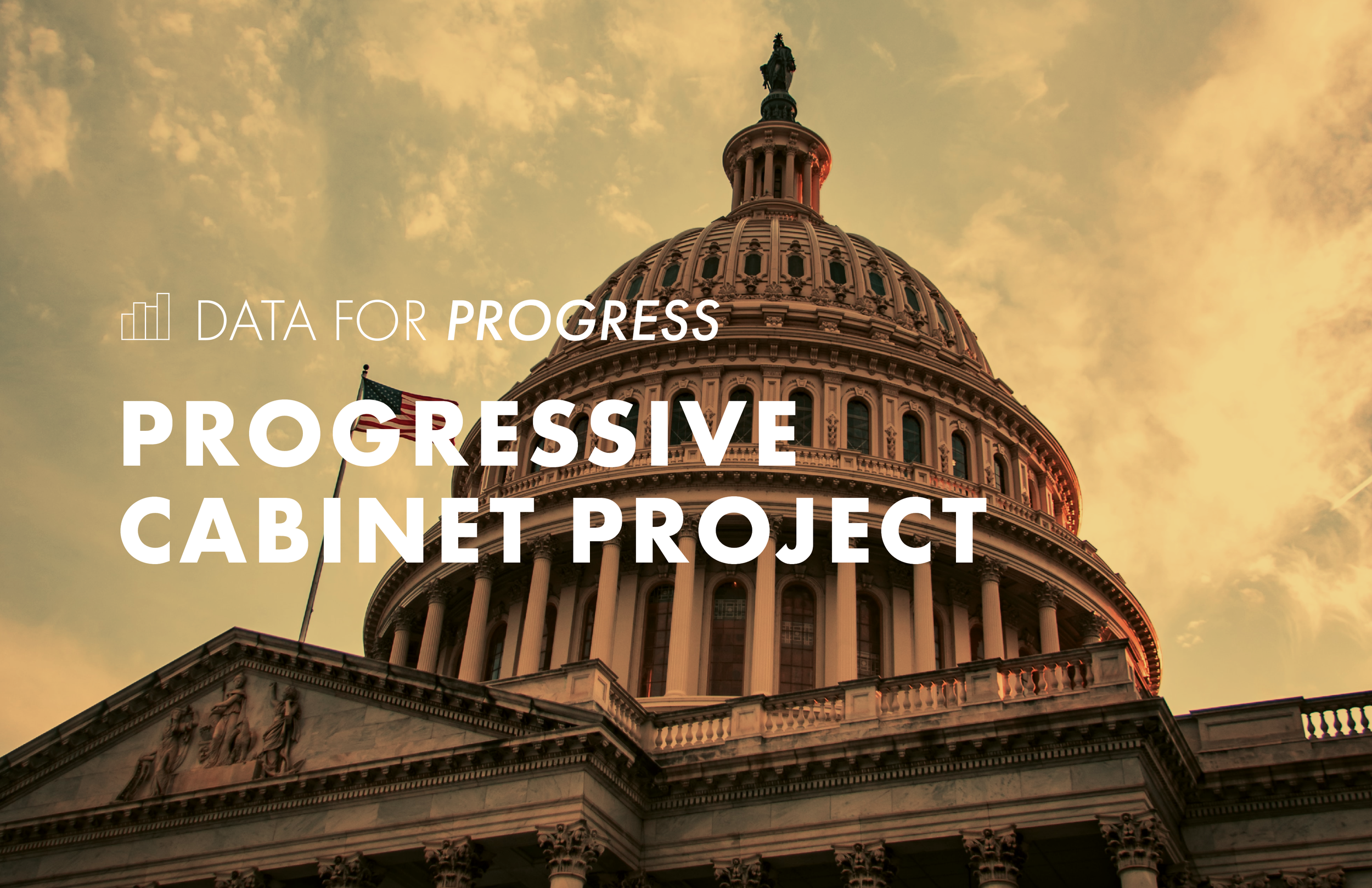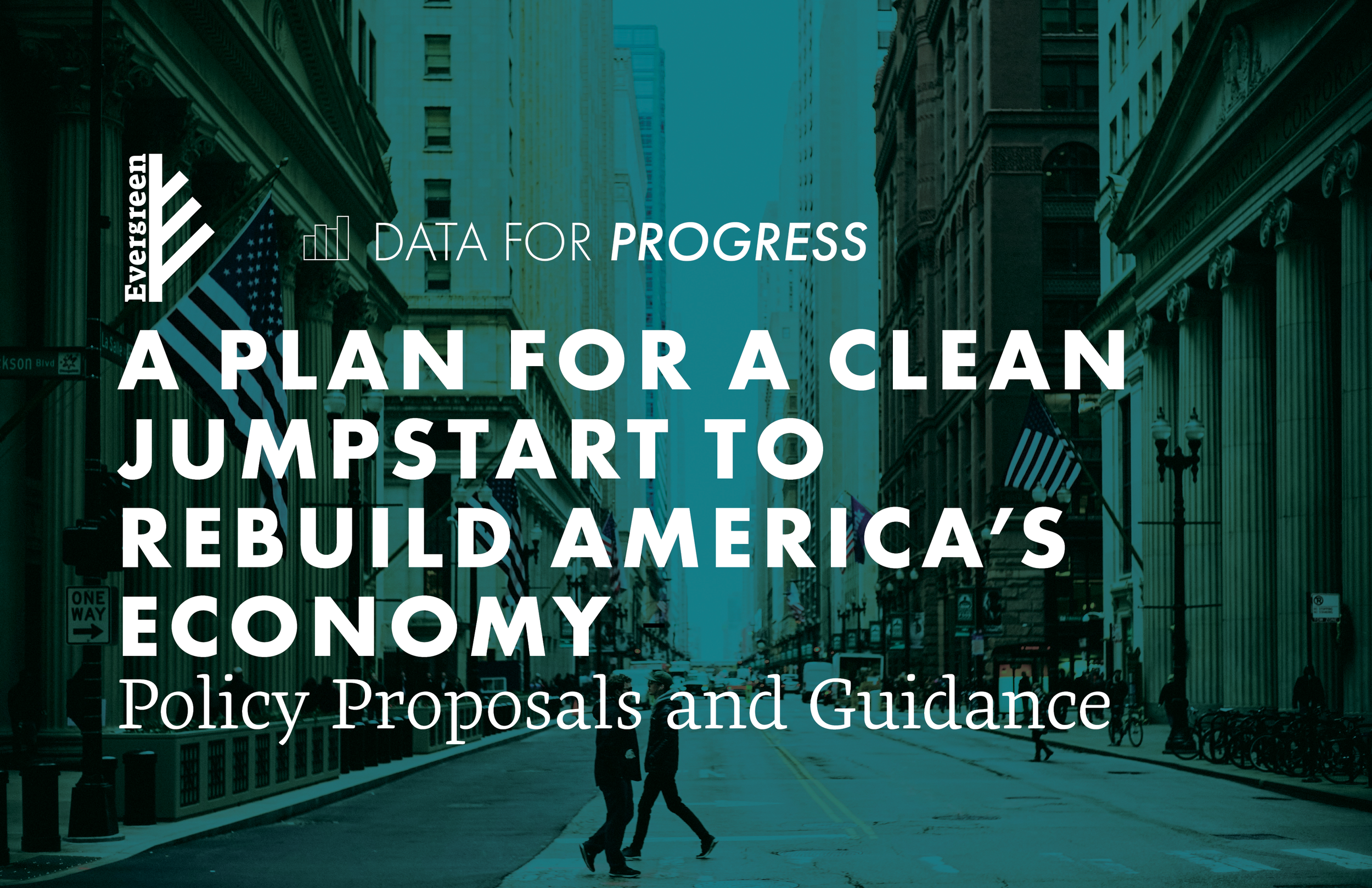Memo: Circular Economies: Polling on Zero Waste
By Avery Wendell, Data for Progress and Siddarth Shrikanth, Harvard Circular Economy Symposium.
The release of greenhouse gases is not the only negative byproduct of modern economies; they also produce staggering amounts of waste. National Geographic estimates that there are 6.9 billion tonnes of plastic waste accumulated in the world, of which only 8.6% will ever be recycled. And that is just plastic waste. According to the LA Times the world produces 1.3 billion tons of all kinds of rubbish every single year. All of this waste kills wild animals, facilitates the spread of disease, and pollutes soil, air, and water.
However, as with climate change, some politicians are stepping forward with proposals to change the “take, make, and dispose” model of our modern, so-called “linear economies,” with zero-waste “circular economies.” Last year, Ilhan Omar (D-MN) introduced the Zero Waste Act in the United States Congress and the European Commission adopted its ambitious Circular Economy Plan. These important, nascent political commitments are coinciding with a greater interest in circular economic principles within academic/thought circles as well. In 2020 groups as disparate as National Geographic, Greenbiz, the Chamber of Congress, and Harvard will host programs dedicated to in-depth explorations of circular economies.. While mass action within both the public and private sectors still appears far-off, these promising developments beg a larger question; where does the public stand on these concepts?






